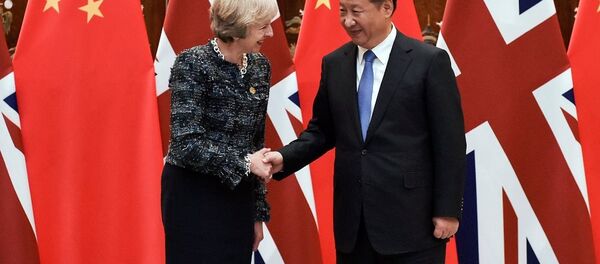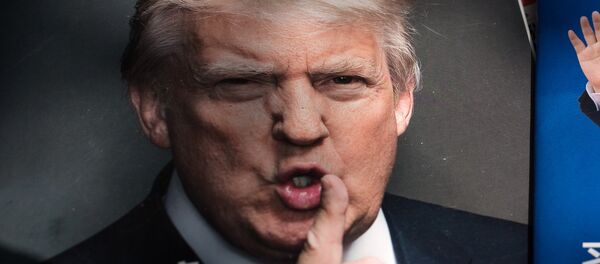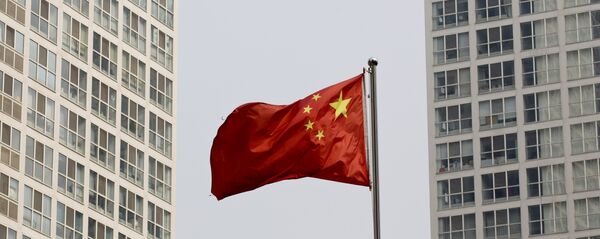The ministry's remarks come after US President Donald Trump signed into law the National Defense Authorization Act for Fiscal Year 2019, in which the Foreign Investment Risk Review Modernization Act was incorporated.
China will conduct a full evaluation of the act and closely assess its impact on Chinese investors and companies, said a ministry spokesperson.
The two governments should listen to opinions from corporations and provide a sound business environment. The US should treat Chinese investors in an objective and fair way and prevent the review from blocking cooperation in investment, the spokesperson said.
Zhou Shijian, an economics professor at Tsinghua University, said the US is trying to constrain the economic growth of China and has begun to officially tighten its national security review of foreign investment starting from the initiation of the foreign investment act in August 2017.
The latest US National Security Strategy Report regards China as a primary strategic competitor. Under such a circumstance, Zhou said, the US aims to limit China's merger and acquisition activities from all manufacturing sectors by enhancing the power of the Committee on Foreign Investment in the United States.
"In fact, the Trump administration hopes to gain more discretionary power over Chinese investment in the US through the reform of its foreign investment system," said Wei Jianguo, former vice-minister of commerce.
Based on these moves, he said that the US wants to hold more bargaining chips in future bilateral economic and trade negotiations to force China to make concessions on other business issues.
"Such reforms have gone far beyond national security concerns and now serve political and economic strategic purposes as the US has repeatedly proposed the concept of 'reciprocal investment' to China as a way to further open the Chinese market," said Ma Yu, a senior researcher at the Chinese Academy of International Trade and Economic Cooperation.
As the US government stopped $2 billion worth of Chinese M&A activities in the country between January and June, investing in the US will only get harder over the long run. Chinese companies invested only $1.8 billion in the US in the first half of this year, down 90 percent year-on-year, reaching the lowest level in seven years, according to the Beijing-based China Institutes of Contemporary International Relations.
"The willingness of Chinese companies to invest in the US has rapidly declined, and the latest US foreign investment act will even exacerbate this trend," said Ma.
This article was originally published in China Daily.





